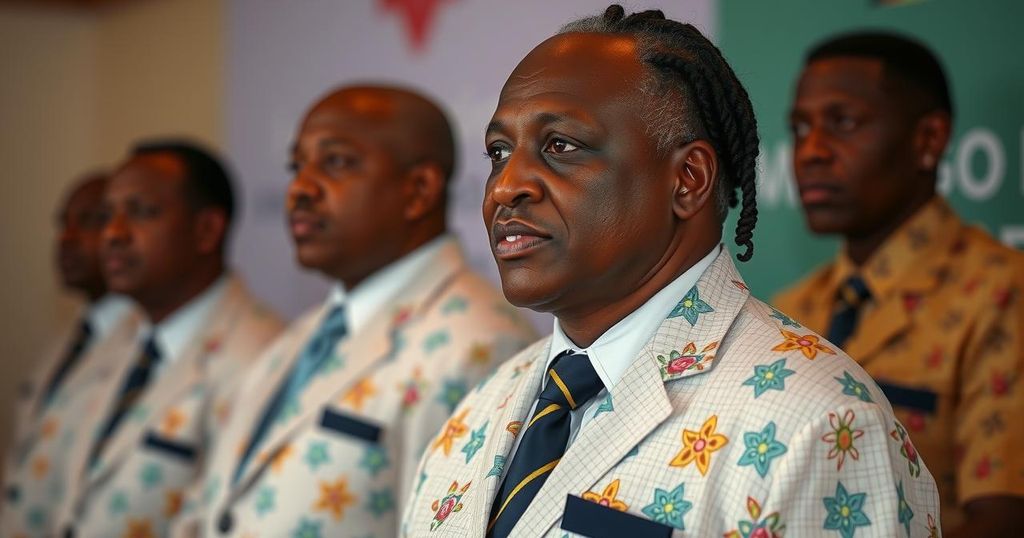Mozambique’s Constitutional Council Confirms Frelimo’s Victory Amid Protests

Mozambique’s Constitutional Council has confirmed the election victory of the ruling Frelimo party, provoking widespread protests amid claims of electoral fraud. The announcement of Daniel Chapo as president-elect has ignited significant unrest, with at least 130 deaths reported in post-election clashes. Foreign investment impacts and economic growth projections for 2024 are also at risk due to the ongoing turmoil.
Mozambique’s highest court has validated the ruling Frelimo party’s victory in the contested October elections, leading to considerable unrest among opposition groups who contend the election was manipulated. The Constitutional Council, responsible for final electoral adjudication, announced that Daniel Chapo, representing Frelimo, was elected president with approximately 65% of the vote, a figure lower than the electoral commission’s earlier report of over 70%. This development has incited protests across the nation, particularly in Nacala-Porto and Maputo.
Authorities have responded to the discontent with a strong police presence, resulting in clashes that have claimed at least 130 lives, according to civil society monitors. Frelimo, in power since Mozambique’s independence in 1975, has faced allegations of electoral fraud since it permitted multiparty elections in 1994, which it continues to deny. Opposition representative Judite Simao criticized the court’s ruling, asserting that the electoral truth has been disregarded, and thus the people’s voice is being suppressed.
The unrest has significantly disrupted foreign business operations and has led to the temporary closure of a major border crossing with South Africa. Projections for Mozambique’s economic growth for 2024 have been downgraded by an International Monetary Fund official due to ongoing instability and adverse weather conditions, further compounding the nation’s challenges.
Mozambique has a complex political history marked by Frelimo’s long-standing governance since the country’s independence from Portugal in 1975. The recent elections, held in October, have reignited persistent criticisms regarding electoral integrity and governance. The Constitutional Council’s authority in confirming election results has become a flashpoint for protests, highlighting the deep-rooted tensions between the ruling party and opposition factions. With a large population facing socio-economic challenges, the implications of the disputed elections extend beyond immediate political ramifications, affecting public order and foreign investment in the region.
The confirmation of Frelimo’s election victory has intensified protests and unrest in Mozambique, revealing the ongoing conflict between government authorities and opposition groups alleging electoral fraud. Violence and clashes with police have led to significant casualties and disruptions in the country, affecting both the local population and foreign investors. As international observers criticize the election process, Mozambique’s future political stability and economic growth remain precarious.
Original Source: www.cnn.com







